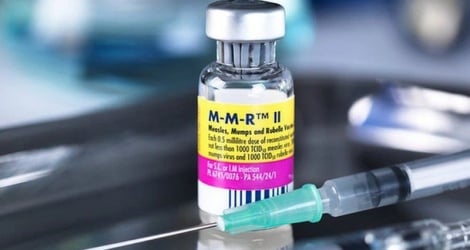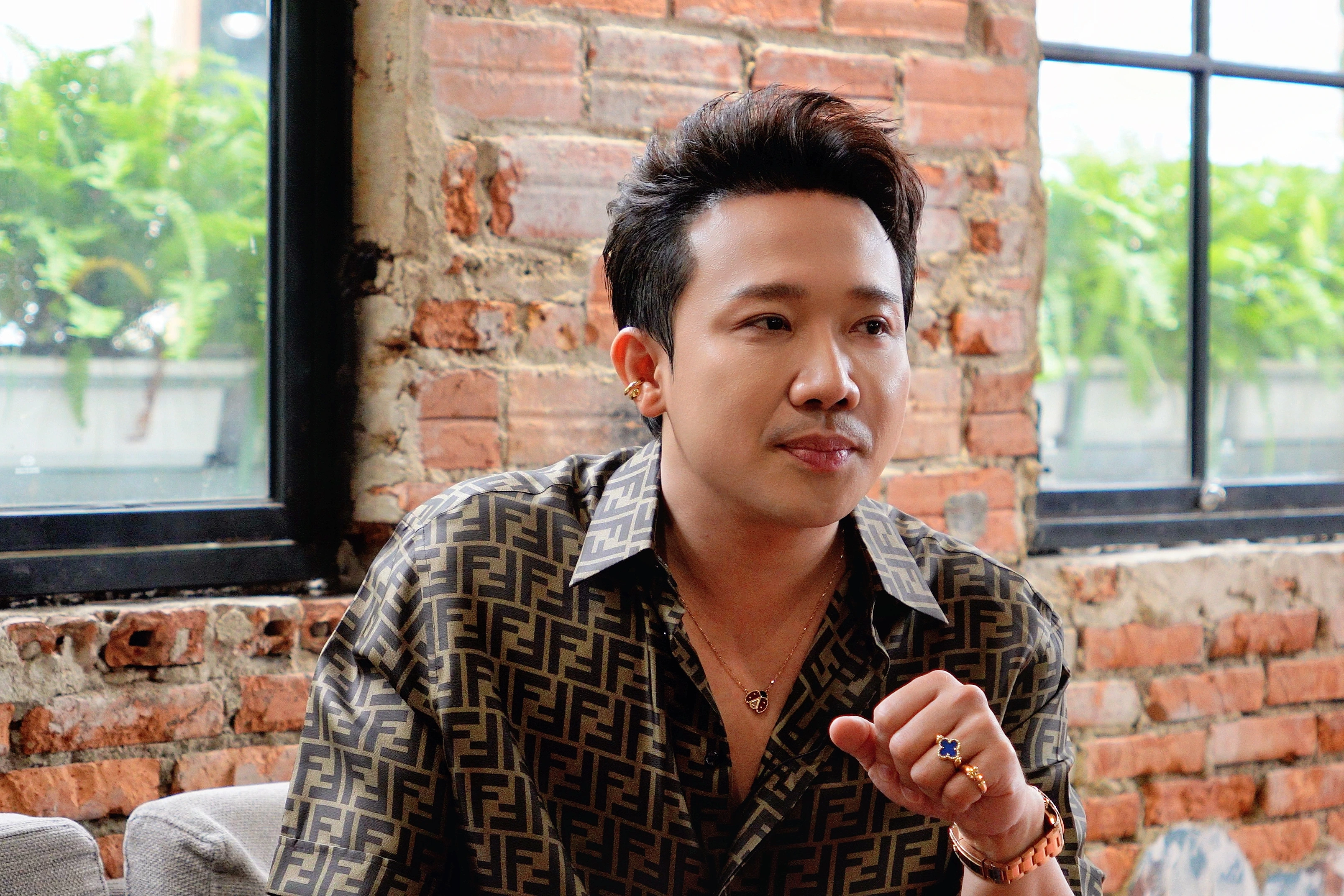A new study from the University of Chicago Medicine reveals that people with alcohol use disorder (AUD) and depression experience high levels of arousal and pleasure when drunk, similar to people who drink but are not depressed.

Research challenges traditional notions about the effects of alcohol on people with depression and excessive drinking - Photo: CC0 Public Domain
According to Medical Xpress , this finding goes against the long-held notion that the pleasure of drinking diminishes with addiction, and that drinking to get drunk is primarily intended to alleviate negative feelings as a form of self-medication.
Improving alcohol addiction treatment
“We often believe that people drink excessively when they feel depressed and that it is a way to self-medicate,” said Dr. Andrea King, professor of psychiatry and behavioral neurology at the University of Chicago and lead author of the study. Dr. Andrea King has been studying people’s response to alcohol for decades to understand the factors that lead to addiction.
"In this study, by monitoring drinking behavior in a natural setting and using real-time reporting on a smartphone, participants with AUD and depressive disorder reported experiencing positive effects from alcohol that were more pronounced and lasting than those without depression."
The study, published in the American Journal of Psychiatry , challenges traditional notions about the effects of alcohol on people with depression and excessive drinking.
Alcohol reduces negative feelings to a very small extent.
The study followed 232 people aged 21 to 35 across the US – the period in life when most people tend to drink the most alcohol.
Half of the participants met criteria for AUD in the previous year, divided into two groups with or without a history of major depression.
Via smartphone, participants answered questions every 30 minutes for three consecutive hours while drinking and during one non-drinking day.
Researchers found that alcohol did reduce negative feelings, but the reduction was small and not specific to people with AUD or depression.
“For nearly a decade, our team has been refining methods using mobile technology to measure the clinical impact of alcohol in real time in people with AUD and at risk for alcohol-related problems,” said study co-author Daniel Fridberg, PhD, associate professor of psychiatry and behavioral neurology at the University of Chicago.
The study's findings call into question the popular theory that alcoholism is caused by the brain's attempt to maintain stability after repeated drinking.
This hypothesis suggests that the “dark side of addiction” alters brain systems involved in stress and reward, leading people to switch from drinking for pleasure to drinking to avoid withdrawal and stress.
However, the effects of alcohol on the brain are complex, and understanding the factors that influence the risk of AUD and depression is important for early identification and intervention.
Source: https://tuoitre.vn/uong-ruou-co-xua-tan-noi-buon-20250204130208908.htm































































Comment (0)